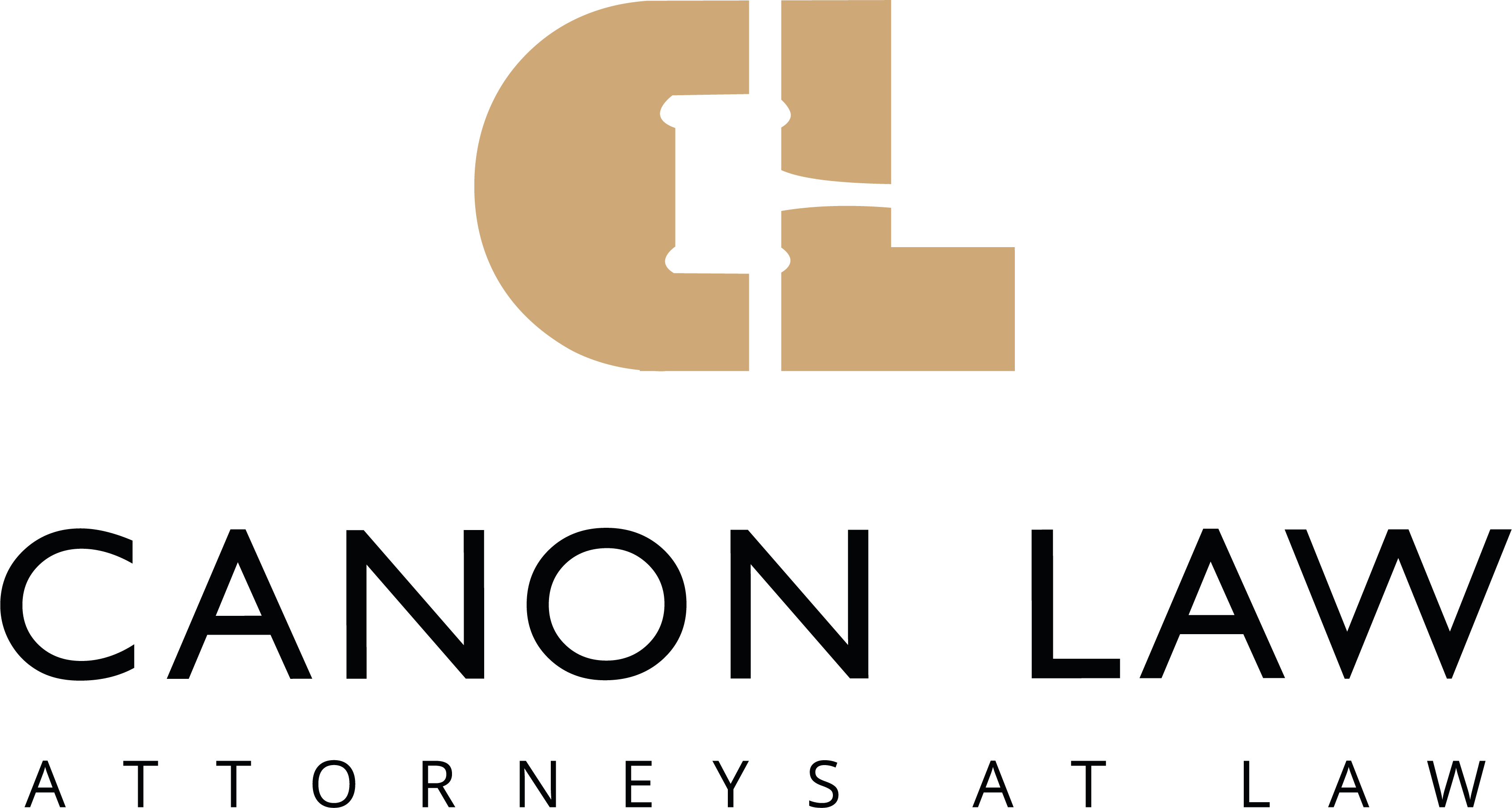Attorney Kousha Berokim has successfully appealed Trial Court rulings and judgments in a variety of areas, and argued their clients’ cases before different Divisions of the California Court of Appeal. Below, you can find some of examples of the appellate matters which the Firm has handled.
Lora Lujambio v MEPT West Hills
California Court of Appeal-Second District-Division Seven
Kousha Berokim argued for Plaintiff Lujambio before the California Court of Appeal, before the three judge panel of the 7th Division, as to the extent expert testimony is necessary in determining ‘trivial defects’ in California personal injury cases. The series of recent decisions on trivial defect summary judgments, including the Lujambio case, have reshaped the law and litigation in related personal injury cases.
EA v NAMCO Capital Group Inc
California Court of Appeal-Second District-Division Two
Kousha Berokim argued before the California Court of Appeal that the Trial Court’s dismissal of fraudulent transfer claim should be reversed. The Trial Court had dismissed Plaintiff’s claim, reasoning that Plaintiff was not able to show that debtor transferor was insolvent. Kousha Berokim argued that to establish a fraudulent transfer claim, a debtor’s failure to pay obligations as they become due is sufficient to constitute the debtors’ ‘insolvency’; further, that when a claimant is able to establish a debtor’s intent to ‘defraud or hinder’, debtor’s insolvency is no longer material. The Appellate Court agreed, and reversed the Trial Court’s Dismissal.
MR Trust v All Century
California Court of Appeal-Second District-Division Two
Kousha Berokim argued before the California Court of Appeal that the Trial Court’s dismissal of a professional negligence (malpractice) claim against a Certified Public Accountant for rendering faulty legal advice should be reversed. Kousha Berokim argued on behalf of Plaintiff that a CPA, despite not being an attorney, still owes a professional duty to his client when rendering legal advice. The Appellate Court agreed, and reversed the Trial Court’s Dismissal. The decision drew attention in legal and accounting circles, as it widened an accountant’s duty beyond financial and tax services.
ING Bank, et al
California Court of Appeal-Second District-Division Two
Defamation-Anti SLAPP (Free Speech)
Berokim argued before the California Court of Appeal that one’s right to petition (file law suit) is not absolute when the petitioner utilizes legal proceedings to extort funds. Kousha Berokim argued that speech, whether in form of pleadings and petition, or in form public internet postings, may still be defamatory and actionable. The Appellate Court agreed and reaffirmed Trial Court’s rulings.
Pensco et al
California Court of Appeal-First District
Berokim is currently representing a lender in the Court of Appeal, 1st Division, San Francisco. Over a period of 12 years, lender had lent borrower multiple short term loans, amounting to about Two Million Dollars. Borrower had sued for usury, seeking to recover all interest paid throughout the 12 years. Lender, before the Court of Appeal, is arguing that the Trial Court was incorrect in granting judgment for borrower, because the borrower’s claims were barred by ‘release’ and ‘statue of limitations’. The Court of Appeal is now tasked to find whether a ‘release of known and unknown claims’ is applicable to unknown usury claims. Further, the Court of Appeal is tasked to distinguish between a ‘loan renewal’ versus a ‘loan refinance’.
R&R Trust v Lacarrier
California Court of Appeal-Second District-Division Two
Berokim is currently representing a lender in the California Court of Appeal, Division Two. The lender appellant had made a usurious loan to the respondent, but had voluntarily waived interest for the term of the loan, but crediting the respondent for interest. The Trial Court, however, treated those interest waivers as interest payments, and held that respondent may recover those from borrower appellant. Berokim is arguing in the Court of Appeal on behalf of the lender appellant that the Trial Court’s application of law was erroneous as it resulted in punishing the lender appellant twice for the same tort of usury: once by not receiving interest for the note; and once by ordering appellant to pay back monies that the appellant had never received in the first place.
